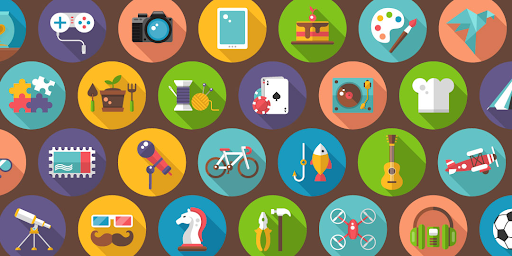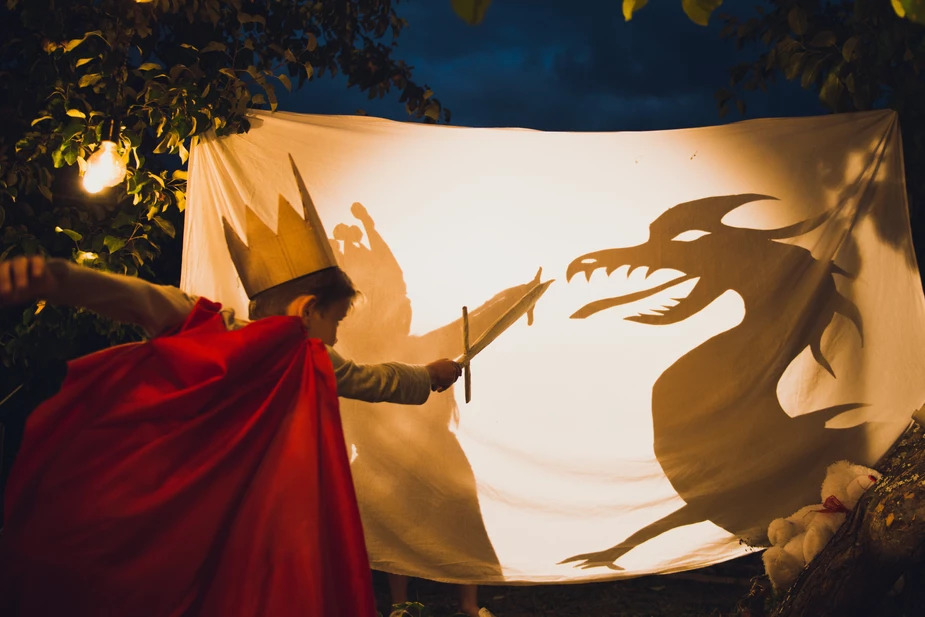Everyone has some favorite activity for when they are free, it may be binge-watching their favorite series, trying (and failing) at kitchen escapades, or collecting something bizarre, like seashells, erasers in animal shapes, or key chains. It could be something one is really good at like performing arts or drawing, or perhaps it’s something in which you aspire to be better. Both though give a sense of relaxation. And this is what we call a hobby.
A hobby isn’t just about filling up the gaps between work, school, or chores. Oh no, hobbies are so much more. They give us joy, purpose, and maybe most importantly, something to talk about when conversations get awkward. Hobbies help us get creative, stay positive, and develop talents in ways we least expected. They are like the most special hours of the day to look forward to, such as the last piece of chocolate hidden in the fridge. All seriousness aside, though: it’s not all fun and games -– hobbies are subtly making us better humans, one passion project at a time.
“But wait… aren’t hobbies just for kids? ”
Ah, yes. That age-old misconception, of course: hobbies are either for the whippersnapper set or maybe, just maybe, for the disgruntled teenager. Once adulthood is achieved, then it’s just not time for the “fun stuff,” right? Wrong! Let me break this to you: hobbies have no age group limit. Yes, you are probably thinking, “But aren’t hobbies things we do when we’re young, carefree, and don’t have to worry about bills or taxes? ” Well, not so much.
Whether you are six, sixteen, or sixty, a hobby can creep up on you, become your favorite way to relax, or even your secret talent. Think about it. Ever seen a grandparent knitting faster than light, or learning how to play an instrument just because they want to? That’s about it. There’s no rulebook saying hobbies have an age limit, and no one is going to take away your “adult card” if you learn dancing in your 40s. Who knows? You might be the next origami master, or better yet, the reigning champion of your neighborhood’s homemade pickle contest.
The secret behind becoming great at your hobby isn’t rocket science; it’s simply being persistent. Nobody expects to be amazing at it from the get-go. Heck, you don’t even have to be “good” at all! What matters is how much joy it brings and that you’re doing something for yourself. That’s where magic happens.
If you can hold on to that, the same 15-30 minutes a day will help you see how not only does it support your skills, but also your attitude in life too. Maybe you love painting, but you are having trouble with some shading on your watercolor sunset-it doesn’t matter. You start by getting better at painting maybe eventually, but more importantly, you learn a lesson in patience for life. It is a kind of game of “spot the difference,” but the differences are in your mindset. One minute you are frustrated over an attempt to draw the perfect trees as imagined by you; the next, you’re laughing at how your tree looks more like a broccoli floret — and loving every second of it.
Persistence in hobbies shows that it’s alright to make mistakes. In fact, hobbies invite mistakes like they are the guest of honor at a party! Every mistake teaches you something valuable you learn a new technique, maybe you figure out what not to do next time, or maybe you determine that you should stick with something else entirely because no one should have to endure that bad crochet attempt ever again!
The most fantastic thing about hobbies — no one tells you what to do. Want to start collecting things like fridge magnets? Excellent idea. Always had a secret goal to become a competitive hoola hoop player? Knock yourself out. The list is endless, and the best part is that no matter how many mistakes you make, everyone will just let it slide.
Hobbies, again are like the safe space of activities — you don’t have to be perfect; you just have to have fun. The world of hobbies is a huge playground and you’re invited to explore it. No timelines that need to be met, and no “right” or “wrong” way to do things. You have all the freedom to be carefree and goofy. Hobbies allow you to mess up with the present of doing it a second time with a different outcome and not the same. you find that every time you mess up, you are given the gift of a second chance.
Hobbies teach you that there is always another try, another attempt, and another opportunity to improve.
You know, when you are out having a good time, there is your brain in the corner getting some exercise too. Without even knowing it, you are building new skills and even allows you to discover parts of yourself you never knew existed. And it doesn’t stop there. Hobbies can even make you see the world from an entirely new perspective.
Obstacles you once saw are now opportunities. Instead of thinking, “Oh no, I made a mistake again?”, you start thinking, “What’s the way forward?” They help cultivate a mindset that isn’t about improving things but about general positivity.
So, the next time someone asks what your hobby is, don’t say, “Oh, I don’t really have one.” That’s more likely to be another case of misrepresenting information. It may be knitting, cooking, collecting stamps, or some completely unique activity, but enjoy it. This is not only a waste of time but an extension of the way that one brings more joy, creativity, and fulfillment into daily life. So go ahead, find that one thing that illuminates your life, and then dive into it.
And who knows where it might take you?

)
)
)
)
)
)